How to Get a Diplomatic Passport: A Comprehensive Guide
Obtaining a diplomatic passport can open up a world of opportunities for individuals who wish to travel, work, or represent their countries abroad. However, the process of acquiring a diplomatic passport can be complex and requires careful planning and research. In this article, we will provide a step-by-step guide on how to get a diplomatic passport, taking into account the legal requirements and procedures involved.
Understanding Diplomatic Passports
 Before delving into the process of obtaining a diplomatic passport, it is important to understand what it entails and why individuals seek to acquire one. A diplomatic passport is a special type of passport issued to government officials, diplomats, and other individuals who represent their countries internationally.
Before delving into the process of obtaining a diplomatic passport, it is important to understand what it entails and why individuals seek to acquire one. A diplomatic passport is a special type of passport issued to government officials, diplomats, and other individuals who represent their countries internationally.
A diplomatic passport grants various privileges and immunities to its holder, including visa-free travel to many countries, expedited entry and exit procedures, diplomatic immunity, and access to diplomatic channels for resolving issues. These privileges can be invaluable for individuals who frequently travel for diplomatic or official purposes.
Legal Requirements on How to Get a Diplomatic Passport
How to get a diplomatic passport is subject to specific legal requirements that vary from country to country. It is crucial to thoroughly research and understand the legal framework and eligibility criteria set by the country from which you seek to obtain a diplomatic passport.
Typically, the legal requirements for obtaining a diplomatic passport include:
- Being a citizen of the country issuing the passport
- Employment as a government official, diplomat, or equivalent
- Proven assignment or mission requiring diplomatic status
- Approval from the relevant government authorities
It is important to note that simply wanting to know how to get a diplomatic passport or having connections may not be sufficient grounds for obtaining one. The process is rigorous and is designed to ensure that diplomatic passports are issued only to individuals who genuinely require them for official purposes.
Step-by-Step Guide to Obtaining a Diplomatic Passport
Now that we have a basic understanding of diplomatic passports and the legal requirements, let’s explore the step-by-step process of obtaining one:
Step 1: Determine Eligibility and Country of Application
The first step is to determine your eligibility for a diplomatic passport and identify the country from which you wish to obtain it. This will depend on factors such as your citizenship, employment status, and purpose for seeking a diplomatic passport.
For example, if you are a citizen of the United States and work for the U.S. State Department, you would need to follow the procedures set by the U.S. government to obtain a diplomatic passport.
Step 2: Gather the Required Documents
Once you have determined the country from which you will be applying for a diplomatic passport, the next step is to gather all the required documents. These may include:
- Proof of citizenship
- Employment documents or diplomatic appointment letter
- Passport-sized photographs
- Completed application forms
- Supporting letters or recommendations
It is crucial to ensure that all the documents are complete, accurate, and meet the specific requirements set by the country issuing the diplomatic passport. Any discrepancies or missing information may result in delays or rejection of the application.
Step 3: Submit the Application
Once you have gathered all the required documents, it is time to submit your application for a diplomatic passport. The application process may vary depending on the country and can typically be done through the country’s embassy or consulate.
It is advisable to carefully follow the instructions provided by the embassy or consulate and pay attention to any specific requirements or procedures. This will help ensure that your application is processed smoothly and efficiently.
Step 4: Attend Interviews and Background Checks
After submitting your application, you may be required to attend interviews and undergo background checks as part of the vetting process. These interviews and checks aim to verify your eligibility and suitability for a diplomatic passport.
During the interviews, you may be asked questions about your employment, purpose of travel, and any relevant experiences or qualifications. It is important to be honest and provide accurate information during these interviews.
Step 5: Await Approval and Issuance
Once you have completed the application, interviews, and background checks, you will need to await approval and issuance of your diplomatic passport. The time taken for this process can vary depending on factors such as the country, current workload, and any exceptional circumstances.
It is important to be patient during this stage and refrain from making inquiries or attempting to expedite the process unless specifically instructed to do so. Contacting the relevant authorities without valid reasons may adversely affect your application.
Step 6: Collect Your Diplomatic Passport
How to get a diplomatic passport after that? SIMPLE! Once your diplomatic passport has been approved and issued, you will need to collect it from the designated location. This is typically the embassy or consulate of the country from which you applied. It usually has a validity up to given period of time such as 5-10 years.
Ensure that you bring all the necessary identification documents and follow any specific instructions provided for collecting your diplomatic passport. It is essential to keep your diplomatic passport safe and secure, as it is a valuable document. Your appointment up to given validity is determined by your government. Therefore you get 5-10 years validity up to most of the time.
Challenges and Considerations
While the process of obtaining a diplomatic passport may seem straightforward, there are certain challenges and considerations to be aware of:
1. Strict Eligibility Criteria and Vetting Process
As mentioned earlier, the eligibility criteria and vetting process for obtaining a diplomatic passport are rigorous. This is to ensure that diplomatic passports are issued only to individuals who genuinely require them for official purposes. It is essential to meet all the legal requirements and provide accurate information during the application process.
2. Time and Cost on how to get a diplomatic passport
Acquiring a diplomatic passport can be a time-consuming and costly process. The application, interviews, background checks, and issuance can take several months, and the associated fees can vary depending on the country. It is important to plan ahead and allocate sufficient time and resources for the process.
3. Diplomatic Immunity and Responsibilities
While a diplomatic passport grants various privileges and immunities, it also comes with responsibilities and obligations. Diplomats and individuals holding diplomatic passports are expected to adhere to the laws and regulations of the host country and conduct themselves in a manner that upholds diplomatic standards. Any misuse of diplomatic privileges can have serious consequences. Usually diplomatic assignment principals appointment up to 5-10 years.
Mennyibe kerül egy diplomata útlevél?
The cost can vary by country and situation. Some governments issue them free of charge to eligible officials, while others may have a nominal fee.
What are the benefits of a diplomatic passport?
Benefits include visa-free travel to many countries, expedited immigration processes, diplomatic immunity (in certain cases), and access to diplomatic channels.
Következtetés
Knowing how to get a diplomatic passport is a detailed and stringent process, designed to ensure that these special documents are issued only to those with genuine official requirements. While the privileges and immunities that come with a diplomatic passport are significant, acquiring one involves navigating a maze of legal requirements, documentation, and rigorous vetting procedures that vary from country to country.
The step-by-step guide provided in this article underscores the complexity of this process. It begins with establishing eligibility, which is contingent on factors such as citizenship, employment status, and the nature of the diplomatic mission. Gathering the necessary documents is a crucial step, requiring precision and thoroughness to avoid any setbacks. The submission of the application, followed by interviews and background checks, forms the core of the vetting process, emphasizing the seriousness with which countries treat the issuance of diplomatic passports.
The waiting period for approval and issuance is a test of patience and resilience, reflecting the meticulous scrutiny each application undergoes. Once issued, the responsibility of holding a diplomatic passport extends beyond mere possession. It entails a commitment to uphold diplomatic standards and adhere to the laws of both the issuing country and the host nations.
Moreover, the challenges and considerations highlighted — strict eligibility criteria, the time-consuming nature of the process, associated costs, and the responsibilities that come with diplomatic immunity — remind potential applicants of the seriousness of this endeavor. It is not just about enjoying certain privileges but also about representing one’s country with integrity and responsibility.
 In conclusion, while a diplomatic passport opens doors to a world of diplomatic and official travel, its acquisition is a journey that demands a high level of commitment, respect for legal frameworks, and a deep understanding of the responsibilities it entails. This comprehensive guide aims to demystify the process and provide a clear roadmap for those aspiring to obtain this significant document.
In conclusion, while a diplomatic passport opens doors to a world of diplomatic and official travel, its acquisition is a journey that demands a high level of commitment, respect for legal frameworks, and a deep understanding of the responsibilities it entails. This comprehensive guide aims to demystify the process and provide a clear roadmap for those aspiring to obtain this significant document.
William Blackstone Internacional can prepare you for the next step in your life. Contact us now with confidence!













